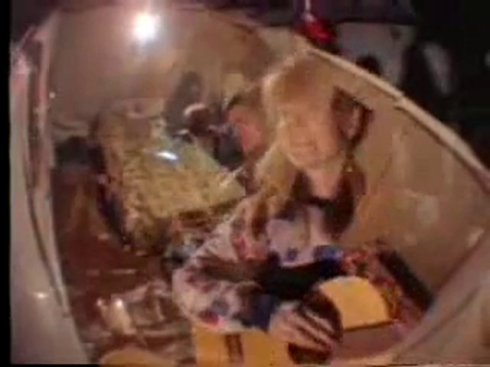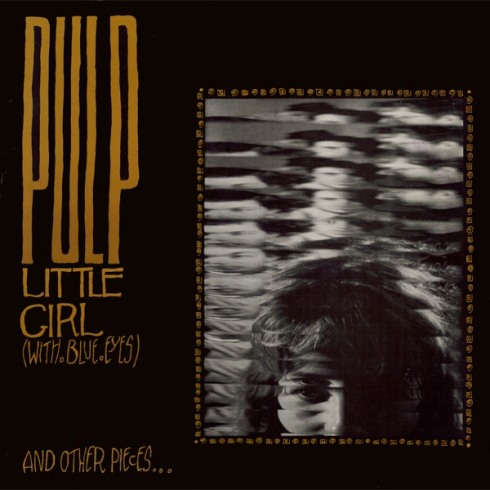They Suffocate At Night (album edit, Freaks, 1987)
They Suffocate At Night (music video – 7″ mix, 1987)
They Suffocate At Night at Pulpwiki
Two years had passed since the band had got together, two years of frustration with Fire records, two years of failing to make a success of things, or even get along well with each-other. Two years of living in the Wicker factory building. Two years stuck in the same failing relationship. The creative spell was over, the rot had set in.
“They Suffocate At Night” is emblematic of all of this, and more besides. The last great dark sixties ballad and one of the few tracks from ‘Freaks’ still in the band’s sets when it was released, it represents a place and a time in their lives like nothing else does. Still, it’s a difficult song to love – not because it’s as dark or uncompromising as much of their other work around this time, but because it strains too hard to be a classic, and fails to hit the target either in concept or execution. If you can look beyond this failing, though, there is a surprising amount to appreciate.
Let’s start with the production. The whole song sounds reassuringly warm, but discordant – like a record that’s melted in the sun, slightly. Aside from Jarvis’s vocals, everyone is on form. If the goal of production is to capture the moment when everyone can play instinctively together, but before the players have begun to tire of it, then we’re getting it right on the cusp here. The chorus is like the magnificent take-off of an injured bird on a doomed flight. One moment is perfect – the little descending chord sequence in the bridge – and otherwise an atmosphere of despair and wonder is successfully conjured up.
Unfortunately Jarvis’s vocal proves to be both catalyst and Achilles’ heel. For the first couple of verses we have the details of another failed relationship, but this time the characters have gone. Not because they’ve been poorly thought out, more because the pretence of presenting them as fictional characters has worn away. This is Jarvis and his girlfriend, still “in love” (or, more accurately, still attached to the idea that they love each-other) but not really – the affair seems to belong to a time that has passed, the moment has gone but they are both too scared to let go. In the third verse the veil is lifted completely as he moves from third person to first. It’s a break-up note, or a going-to-break-up note at least, and it could be a shockingly heartfelt one too, if he could just refrain from breaking out the proto-Scott-Walker-croon one last time. Hiding your feelings behind a wall of irony, or behind a pose, does not make for great art.
A magnificent but frustrating failure is an odd choice for a singe, but no odder than the one before or after. This one, however, was agreed upon by both band and record company alike, albeit edited into a bizarre mini-mix which unceremoniously lops off the first verse and fades straight into the second – and more understandably cuts Russell’s interminable violin noodlings off the end.
The professional-ish music video – Pulp’s first – isn’t actually that bad. Directed by Michael Geoghegan, apparently lighting director on “Chariots of Fire”, it stars Jarvis’s sister Saskia and Steve Genn from Heroes of the Beach as “the couple”. They sulk and smoulder while the band play in the rafters above, surrounded by the usual array of coloured liquid in plastic bags. The video was shot in the abandoned factory complex Jarvis called home, and it seems he spent a fair amount of time setting the place up, converting a sunken inspection pit to a claustrophobic bedroom. Typically, Mags and manners didn’t take the shoot quite as seriously, arriving late and failing to follow Russell’s usual strict instructions to the letter. As the days work finished, at 4am, another argument broke out, not an unusual occurrence, but a final straw. The album having been finished, the ideas drying up, it was time to break up the band again.








